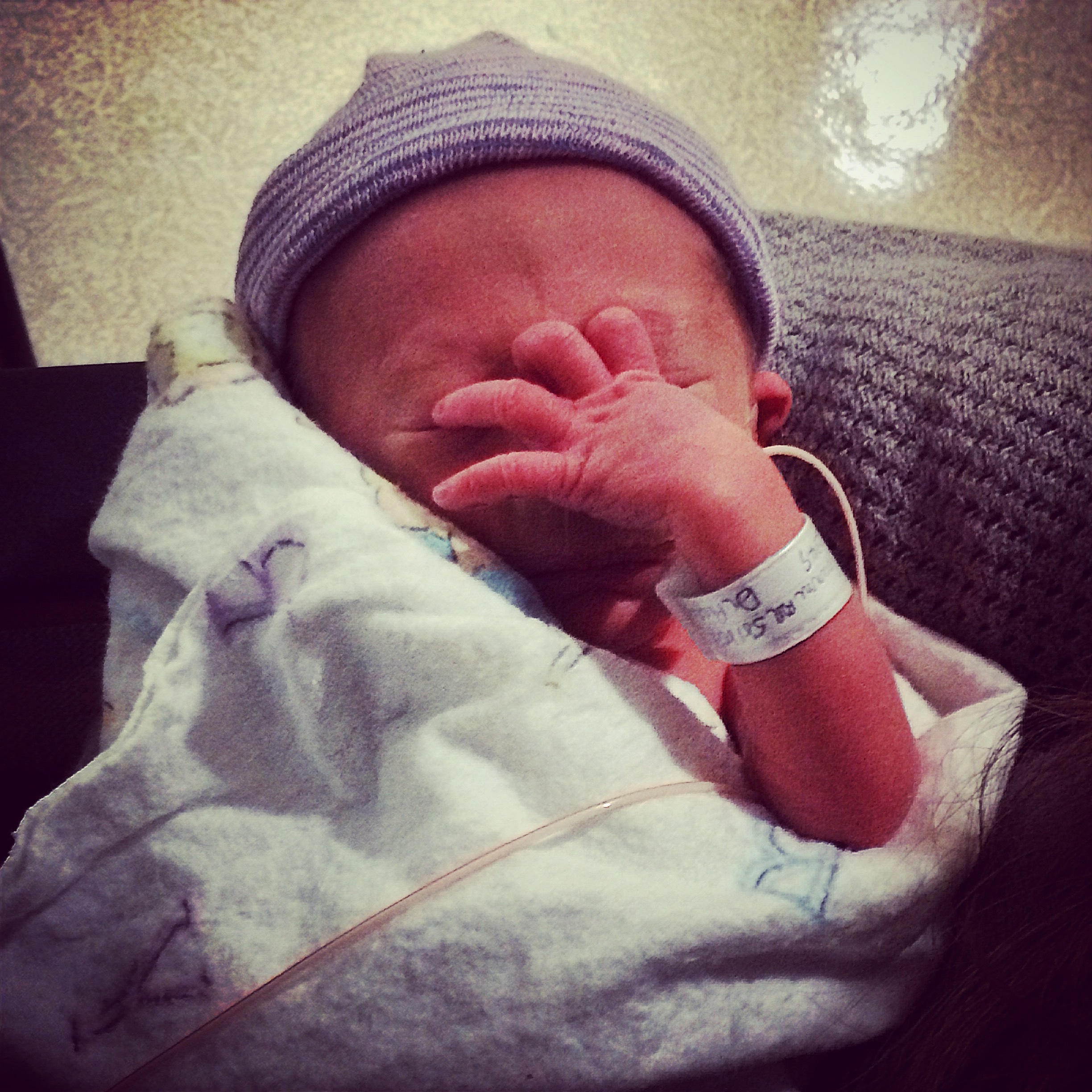Domaine De La Commune De Lutry
Paolo Scavino
Bricco Ambrogio Barolo Nebbiolo 2021

Comm. G.B. Burlotto
Acclivi Barolo Nebbiolo 2017
Splash decanted immediately prior to service; enjoyed over the course of several hours. “Acclivi” is a blend of selected fruit from several MGA’s in the commune of Verduno, including fruit from some of their prized holdings in Monvigliero as well as Boscotto, Neirane and Rocche dell’Olmo (which is an MGA that is no longer bottled on its own by any producer).
The 2017 pours a pretty, light garnet color with a transparent core; medium+ viscosity with no staining of the tears. On the nose, the wine is developing with loads of roses, pomegranate, cranberry, talcum powder, exotic spices, pastilles, orange rind and dry gravely earth. On the palate, the wine is bone dry with high tannin and acid that only seems to build over an hour of air.
Over the last 20 years, there have been few vintages with less love than 2017. There were significant issues related to frost in the Spring and the vines had to deal with a very hot growing season. Yet, despite these challenges, Fabio was able to nurture an ethereal beauty which only gains power and grace as the hours roll by. Effortlessly elegant. Drink now with lots of patience (air) and through 2042. I would not decant or you’ll miss parts of the ride. — a year ago

Ferdinando Principiano
Barolo del Commune di Serralunga d'Alba Nebbiolo 2020
Really light for a barolo. Great with our food. With the family in Italy — 4 months ago
Josetta Saffirio
Barolo del Commune di Monforte d'Alba Nebbiolo 2020
Bara väldigt classy. #systemet #småpartierna #hejtomtegubbar — a year ago
Azienda Agricola Elvio Cogno
Anas-Cëtta Langhe Bianco Nascetta di Novello 2022
“Ana’s-Cëtta” is the white #Nascetta wine by @elviocogno who helped bring the variety back from near extinction in the 1990s in the commune of Novello, #Langhe, #Piedmont.
The 2022 delivers aromas of honeysuckle, white peach, verbena and Mediterranean herbs. Apple, pear, quince and pineapple flavors then come into play. This quickly followed by a waxy texture, balanced by lime zest, with notions of crushed minerals on the finish.
The winery suggests it is “ideal as an accompaniment to vegetable dishes, white meats, raw fish, oysters and creamy cheeses.” Maybe not as ideal, but paired with rigatoni, sausage and fennel allowed some contrast to expose and heighten many of the sensations…BRAVO! — 2 years ago
Vignobles Brunier ( Frédéric & Daniel Brunier )
Clos La Roquète Châteauneuf-du-Pape White Rhône Blend 2020
Clos Roquète is a white Châteauneuf-du-Pape wine produced by Frédéric & Daniel Brunier of Domaine du Vieux Télégraphe with a fascinating history to tell…
Châteauneuf-du-Pape (CNdP) is a highly-esteemed commune located in the Southern Rhône of France. It gets its name, “new castle of the Pope,” because the Pope spent his summers there in the 14th Century when the papacy was relocated to nearby Avignon.
This wine is made from 35% Clairette, 35% Roussanne, and 30% Grenache Blanc (all local, white varieties), each adding a unique aromatic and structural dimension. It was aged 11 months in oak prior to release, lending richness and texture.
Despite its rich, creaminess, it also has aromatic lift with notes of lemon peel, ripe cantaloupe, white peach, apricot, next to notes of white blossom, vanilla, honey, fennel, and petrichor (a fancy word for the smell of warm, wet pavement like after a summer rain).
We’re excited to pair this with a lemon, garlic, and herb roasted shrimp over spiralized zucchini noodles.
Cheers to beautiful wines that tell stories and share histories! — 3 years ago

Commune of Buttons
White Blend
Natural Chardonnay from Adelaide Hills. Lemony, beeswax, nicely textured, snappy acidity. Poundtown. — 10 months ago
Château Liot
Sauternes
2010 vintage. Technically a Barsac, but sold as Sauternes ( Barsac being the only Sauternes commune allowed to do so). Much deeper, more evolved colour compared to the 2010 Guiraud (in half bottle!) tasted alongside. Intense perfume with wild apricot, roasted pineapple, and caramelised nuts. Richer than the Guiraud, this is a very impressive effort that is definitely of Cru Classé quality. Superb value too. — a year ago
La Spinetta
Vürsù Vigneto Campè Nebbiolo 2009


Pecchenino
Le Coste Barolo Nebbiolo 2010
This bottle of 2010 Pecchenino “Le Coste” was pulled from my cellar on a “school night” and brought to a fun little gathering of service friends after their shift. Opened, splash decanted and consumed over three hours; served side-by-side with the 2010 Roberto Voerzio “Brunate”. The Pecchenino “Le Coste” was locked down pretty hard for the first 30 minutes but shifted dramatically before the hour mark. At that point, it was singing with bright, red and dark fruits, roses, tar and wrapped up in the most elegant package. Compared to the Voerzio, this was lithe and open-knit. A lovely, traditional expression of Barolo that, while endowed with the classic structure of 2010, is just beginning to offer up more of its charm. It’s probably worth noting that Pecchenino actually resides in the Dogliani commune, just across the boarder from Monforte d’Alba. Dogliani is where some of the highest expressions of Dolcetto are produced under the Dogliani Superiore DOCG classification. Pecchenino’s Dolcettos are lovely examples and super reasonable…but I digress. Back to this wine, “Le Coste” is a small-ish MGA in the Barolo commune that sits directly south of the town of Barolo and said to share some similarities with the Cannubi MGA just to the north. While I don’t have enough experience drinking wines made with the fruit from "Le Coste", I can certainly draw some parallels. Anyway, on this night, the "Le Coste" by Pecchenino wiped the floor with the "Brunate" from Voerzio, which couldn’t seem to really get out of the gate and even after 3 hours in a decanter. The Voerzio is gonna need forever to come back around. Drink now with at least 30min of air. Otherwise, this will continue to drink well through 2030+. — 3 years ago







Jay Kline

Popped and poured; enjoyed over the course of four hours. The 2021 Bricco Ambrogio pours a deep garnet color with a transparent core; medium+ viscosity with no staining of the tears. On the nose, the wine is developing with a mix of tart and ripe, mostly red fruits: Morello cherry, strawberry Jolly Ranchers, pomegranate, lingonberries, a whole freaking rose bush, dehydrated orange, tar, talcum powder, dry gravelly, earth, and a gentle mix of cool and warm spices. On the palate, the wine is bone dry with high tannin and medium+ acid. Confirming the notes from the nose. The finish is long. At this point, I’m convinced that the Scavino’s are making the most interesting Barolo from the Roddi commune and they have nearly single-handedly put Bricco Ambrogio on the map. Drink now with patience and through 2061. — a month ago